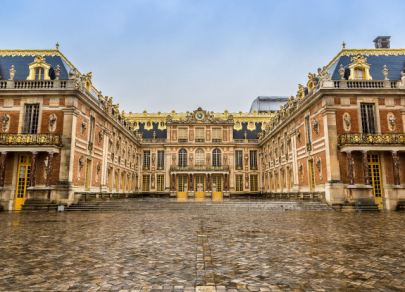
Seven most magnificent palaces in the world
The prestigious magazine Architectural Digest has published a ranking of the world's most beautiful palaces. Let us take a look at the buildings that topped this list



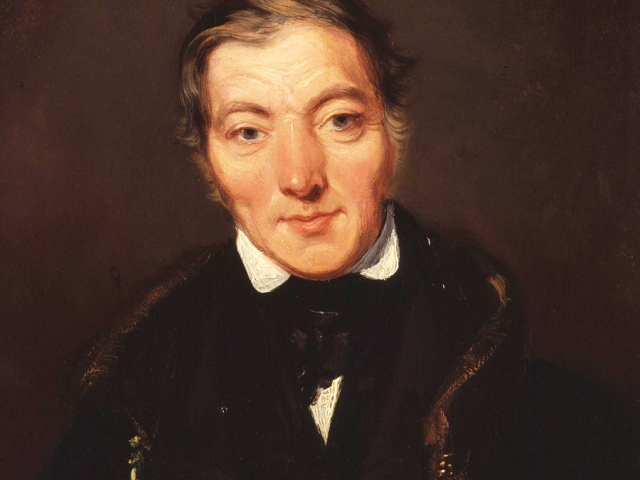
Robert Owen
In 1802, Robert Owen, a manufacturer in New Lanark, Scotland, founded the world's first nursery school where children of his company's workers were educated. Owen, who had no formal education, spent a long time trying to educate himself. He soon became a factory manager and then owner of a textile factory in New Lanark. According to Owen, one should start teaching and educating a child as early as possible, because circumstances and social environment form a person's character. The businessman believed that it was possible to grow an independent and thinking person thanks to such an approach. Owen put much emphasis on the training of workers. At his school, children from 1 to 5 years were taught reading, dancing, native language, arithmetic, geography, science, and history. Сhildren also spent a lot of time outdoors and participated in workshops. They attended school in the evenings, as did the teenagers and adults who worked at the factory.
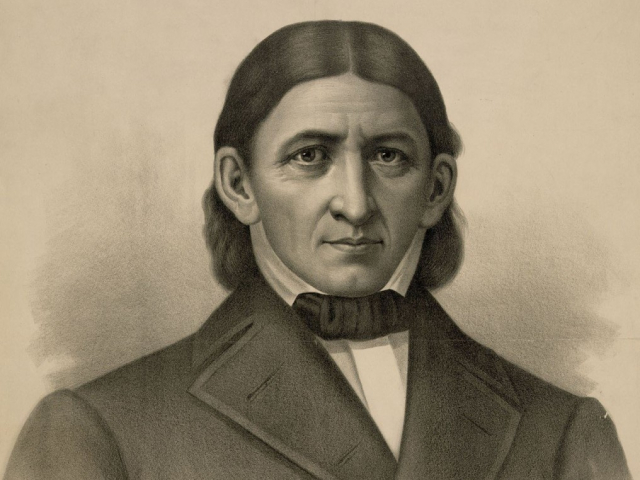
Friedrich Froebel
Another pioneer of preschool education was the German educator Friedrich Froebel. He introduced the concept of kindergarten. In 1840, the educator opened a kindergarten in Blankenburg. According to Froebel, children are born with four instincts. They work, learn, and develop artistic and religious inclinations. The development of the child's natural qualities and the formation of their personalities are the goals of proper education. Froebel paid much attention to physical development. His educational method, used in the kindergarten, was based on playing. The teacher developed practical aids for the development of small children called "Froebel's gifts". Those included colorful balls knitted from wool cords, through which children were introduced to colors and orientation in space, and wooden balls, cubes, and cylinders, which gave an idea of the shapes. The nursery school spent much time playing games. Some of those activities are used today.
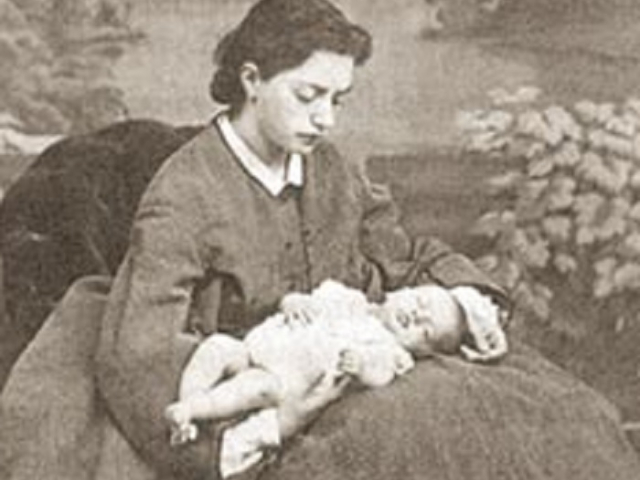
Adelaida Simonovitch
Adelaida Simonovich was the first theoretician and practitioner of public preschool education in Russia, who used and supplemented Froebel's system of preschool education. In 1863, Simonovich opened the first kindergarten in St. Petersburg. She also created her magazine "Detskiy sad" (meaning kindergarten). According to the pedagogue, infants should not be sent to school immediately. She also believed that it was useless to educate a child of 3-7 years only in the family. A child should go through all stages of socialization in kindergarten together with peers. This process should be supervised by educators. Working with children, Simonovich discovered a shortcoming of Froebel's system: if developmental activities are reduced to work with didactic materials (drawings, cubes, balls), children mechanically learn the names and properties of these objects but do not understand the meaning of their actions. In this case, the thinking and imagination of the child are not properly developed. In adulthood, it will hinder independent thinking, Simonovich noted.
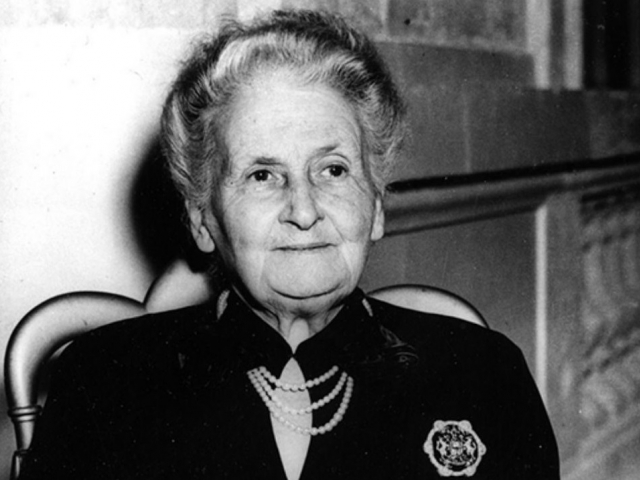
Maria Montessori
Today, Montessori's educational methods are used in kindergartens and developmental centers around the world. Initially, she worked with children experiencing some form of cognitive delay, illness, or disability. Those children outperformed their typically developing peers in reading, writing, and arithmetic after the lessons she developed. This prompted the educator to search for the reasons why healthy children from wealthy families were at such a low level of development that children with learning difficulties surpassed them. In 1907, she opened the Casa dei Bambini, or Children's House, in Rome for the children of workers, where her popular educational methods were implemented. Montessori's principles were based on the independent development of children, at their pace and without adult interference. Classes at the Children's House were held in groups of different ages, where older children took care of the preschoolers and younger children learned from the teenagers. The role of assistants was given to teachers. They gently guided the children and waited for them to ask for advice. Children practiced in rooms that were adapted for independent play, and they tidied the rooms up after class without any reminders from the adults.
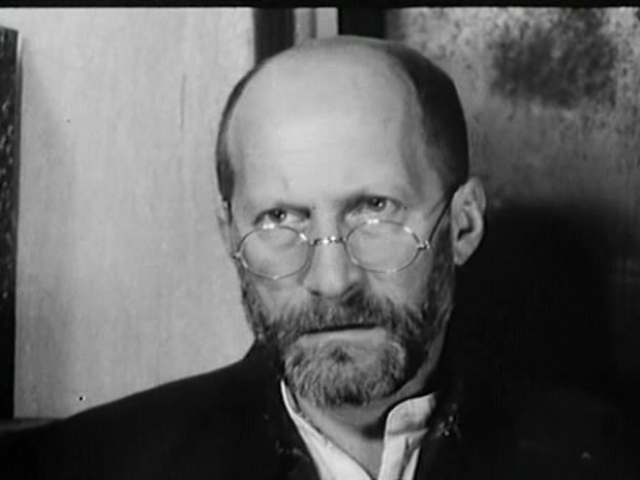
Janusz Korczak
Polish physician and teacher Janusz Korczak was an outstanding educator whose strength of spirit was amazing and inspiring. Throughout his life, he adhered to the most important pedagogical principle that children should be loved and respected. Korczak never changed his principles until the end of his life. During the Second World War, he voluntarily went to a concentration camp and died with his students. Earlier, in 1911, Korczak became the director of the Dom Sierot (Orphan House) for Jewish children. It was a "state within a state" run by children, according to experts. The residents of the Orphan House had their constitution, an elected children's parliament, and a court of comradeship, whose decisions were binding on the adult staff. Preparing children for real life was the goal of Korczak and other educators. "We often forget that we must teach the child not only to appreciate the truth but also to recognize lies, not only to love and respect but also to despise, not only to obey but also to rebel," Korczak said. The methods of the famous educator included observation of the child, rejection of violence in education, honesty in actions, as well as setting achievable tasks that did not require extra effort. These principles seem simple at first glance. However, Korczak said that some adults found it difficult to accept the fact that all children were different.

The prestigious magazine Architectural Digest has published a ranking of the world's most beautiful palaces. Let us take a look at the buildings that topped this list

Winter is the perfect time to curl up in a warm blanket and enjoy drinks that bring coziness and holiday cheer. Here are seven winter drinks that are perfect for cold days

Despite the widespread belief that ultra-wealthy individuals are leaving big cities in search of privacy, most still prefer to live in bustling metropolises, according to the latest billionaire census conducted by Altrata. Let's explore which cities today have the largest concentration of people with a fortune exceeding $1 billion